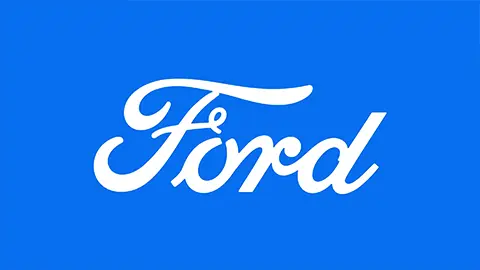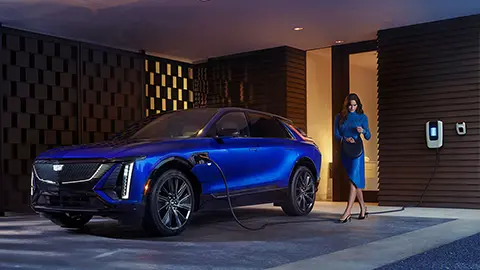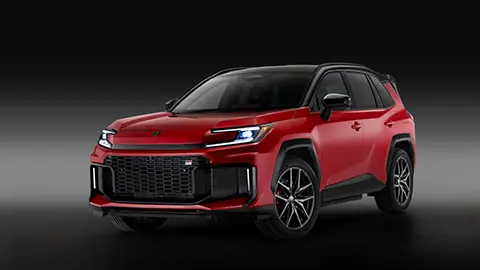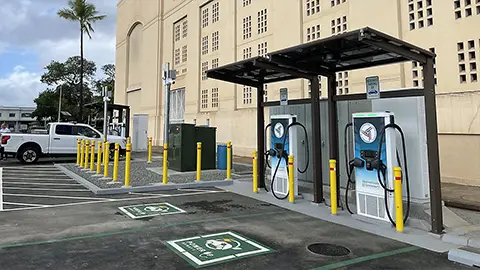Ford's New Battery Plant is a $3.5 Billion Investment
In a major commitment to building batteries and EVs in North America, Ford recently that it will build a brand-new battery factory in Marshall, Michigan that will supply cells for its popular Mustang Mach-E, F-150 Lightning, and future electric cars.
The new factory, which will be called BlueOval Battery Park Michigan, will employ 2,500 people when it is up and running in 2026, with room for further expansion. It will be part of a wholly-owned Ford subsidiary, and will cost Ford $3.5 billion. It’s a big part of Ford’s commitment to invest $50 billion in electric vehicles globally through 2026.
BlueOval Battery Park builds on new investments being made by Ford in Michigan, Kentucky, Tennessee, Ohio, and Missouri. In total, Ford says these new facilities will result in more than 18,000 direct jobs.
Localizing Ford’s battery supply chain in the U.S., where Ford builds a lot of EVs, should help improve availability and affordability for customers. It will also make many popular models eligible for tax rebates, some of which have a requirement for batteries to be locally produced. Ford’s new battery plants should help it produce up to 600,000 electric vehicles by the end of 2023, and 2 million units globally by the end of 2026.

Ford Receives Community Support
BlueOval Battery Park sits on a massive new site, but Ford is setting aside 245 acres at the southern edge for a conservation easement. This land, which sits alongside the Kalamazoo River, will be preserved and protected against future industrial development.
Ford will work with government officials and community leaders to preserve natural resources and recreation near the facility, as part of its commitment to being a good neighbor. The Ford Fund also will contribute resources to help the community explore how to best enjoy this beautiful land.
“The City of Marshall welcomes this exciting new partnership with Ford Motor Company,” said Marshall Mayor Jim Schwartz. “This investment in the local community will lead to an influx of new jobs to Marshall and economic development throughout the area. We are especially excited to support Ford’s conservation easement which will preserve Michigan’s natural beauty along the Kalamazoo River.”

Ford Focusing on Lithium Iron Phosphate for Battery Park
The BlueOval Battery Park plant will be focused on lithium iron phosphate (LFP) chemistry, which we’ve reported on previously here at GreenCars. An emerging and attractive technology, LFP batteries lose less range over time compared to traditional lithium-ion batteries, and better withstand the rigors of frequent Level 3 fast charging.
The all-new battery production facility add approximately 35 gigawatt hours per year of new battery capacity for Ford in the U.S. initially – capable of powering approximately 400,000 future Ford EVs.
While some of the technology to manufacture the new batteries will come from Chinese firm Contemporary Amperex Technology Co., Ltd. (CATL), Ford is careful to say that it completely owns the new facility. CATL is the world’s leading battery manufacturer, with ties to many car brands, and already operates 13 plants in Europe and Asia; it will provide valuable knowledge to Ford to make its plant as efficient as possible.

Ford Points to LFP Batteries as a Means to Increase Supply Chain
A major advantage of LFP batteries is stability of supply – LFP will reduce Ford’s reliance on critical minerals such as nickel and cobalt, which are scarce and expensive. Ford says that LFP chemistry is more in line with its desire to create an EV supply chain that upholds commitments to sustainability and human rights.
Indeed, Ford has committed to achieving carbon neutrality globally across its vehicles, operations and supply chain by 2050.
















